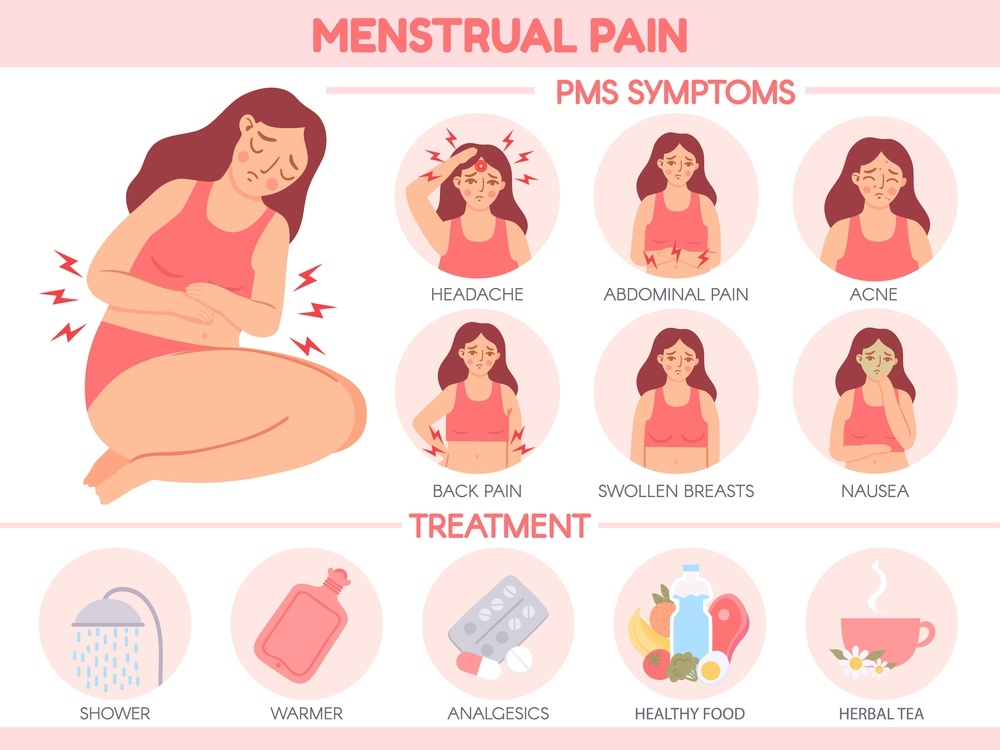Pregnancy and Lactation Period: High Risk Period for Inflammatory Breast Cancer
There are many causes of breast cancer, including improper diet, excessive consumption of animal protein, environmental pollution, and high work pressure, which can lead to immune system imbalance and stimulate tumor growth. However, it is widely believed that women who do not give birth or breastfeed have a higher risk of developing breast cancer. Pregnancy and breastfeeding help prevent future cancer risks, but it is important for pregnant and lactating women to be aware that they are also entering a high-risk period for inflammatory breast cancer, and should not take it lightly.
During pregnancy and lactation, women experience significant changes in hormone levels, making them more susceptible to "inflammatory breast cancer". Inflammatory breast cancer is characterized by its high degree of malignancy, rapid progression, frequent recurrence and metastasis, and its symptoms are similar to inflammation, making it easily overlooked. Unfortunately, many mothers have lost their lives to this disease, leaving behind their newborn babies. Some women also face the difficult choice of "protecting the child or protecting themselves" during pregnancy, as they cannot take large amounts of medication during this period, and delaying treatment may lead to a loss of effectiveness.
It is common for this type of cancer to be diagnosed at a late stage, as during pregnancy and lactation, women experience changes and discomfort in their breasts due to breast hyperplasia and milk engorgement. It is difficult for mothers to detect breast abnormalities, especially when they exhibit symptoms similar to inflammation such as redness, swelling, and pain, which can interfere with the patient's judgment.
Pregnancy and Lactation Period: Seek medical attention immediately for breast discomfort
How can we fight against this high-risk and covert form of breast cancer? If conditions permit, it is best to have a breast ultrasound before pregnancy. Any fibroids larger than 1 cm should be treated promptly. In addition, experts recommend that pregnant and lactating women pay close attention to the condition of their breasts. If there are any subtle signs of inflammation or lumps, it is best to seek specialized medical attention and, if necessary, undergo a breast ultrasound examination. Having a breast ultrasound after the first trimester of pregnancy will not harm the fetus. Inflammatory breast cancer, as one type of breast cancer, can have good clinical outcomes if detected and treated early. The key lies in whether women themselves attach importance to their health.








